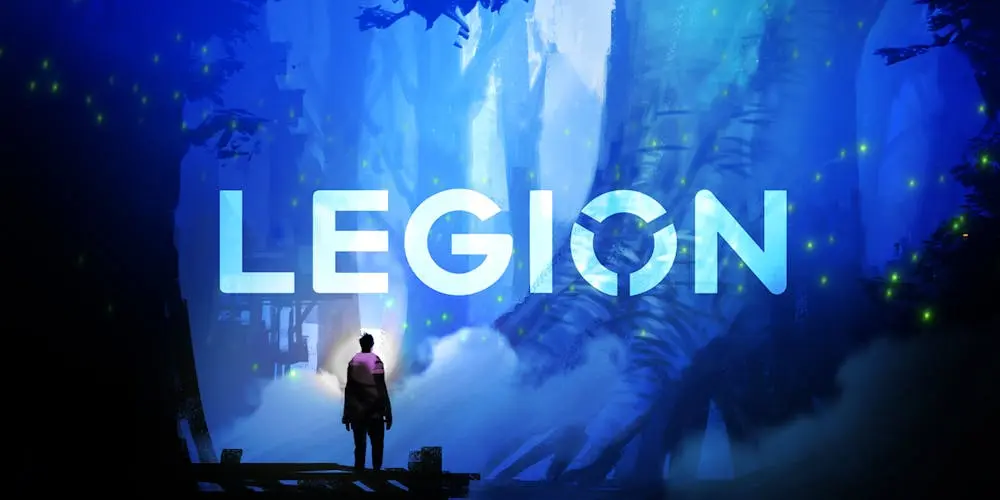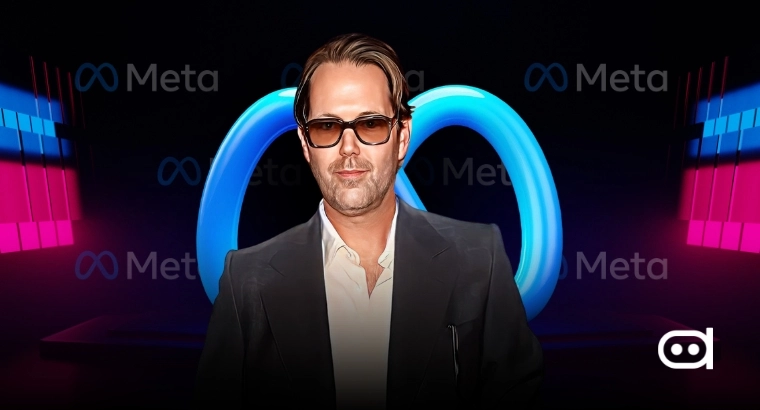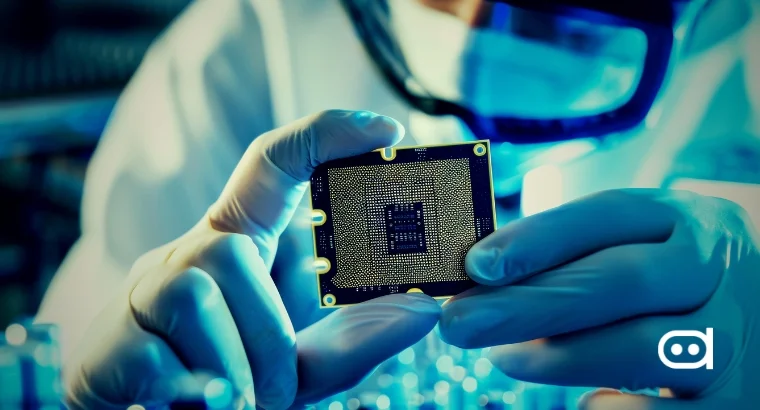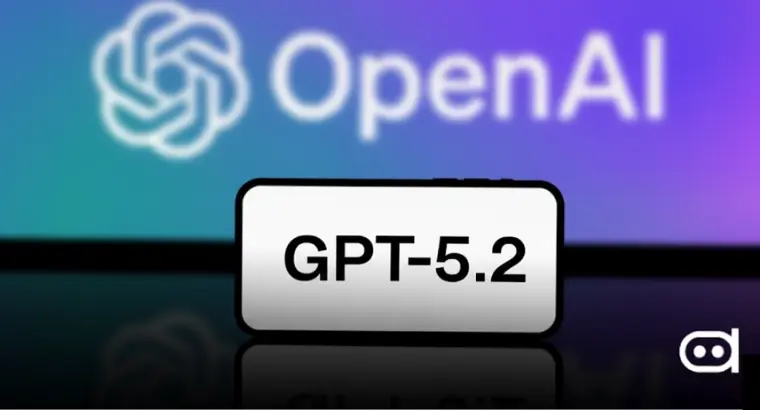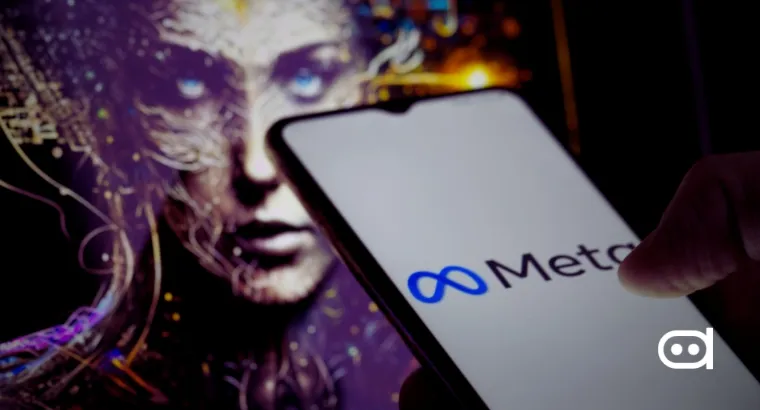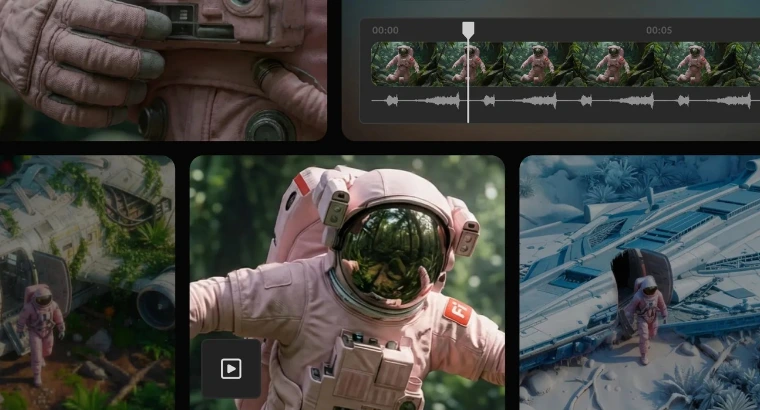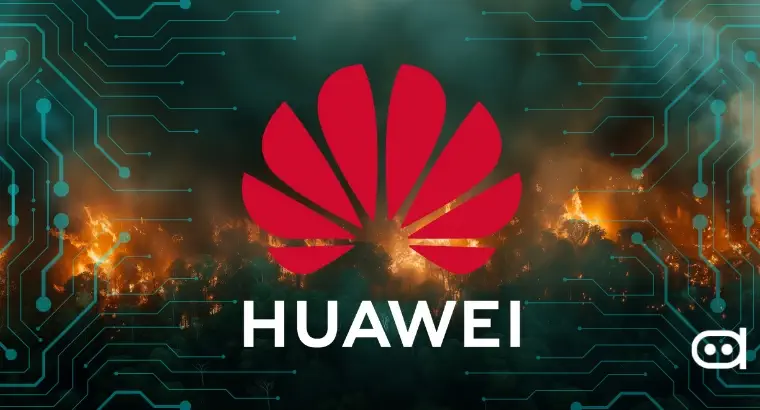
- Huawei, alongside several key partners, has successfully tested a cutting-edge wildfire detection system in Greece.
- The system, part of Huawei’s TECH4ALL initiative, uses advanced monitoring technology to detect potential wildfires in real-time, providing critical data for prevention efforts.
- With wildfires becoming increasingly frequent and devastating in regions like Greece, this breakthrough offers a glimpse into the future of fire prevention and environmental protection.
- The successful test marks a significant milestone for global efforts in addressing climate-induced disasters through technological innovation.
In what may be considered a significant step towards resolving the escalating danger of wildfires, Huawei, together with its partners, has successfully tested a new system for detecting wildfires in Greece. This test, part of Huawei’s TECH4ALL initiative, was based on high technology and is designed to monitor forested areas in an attempt to identify signs of sporadic fires. While the partnership is indeed a landmark in the history of fire prevention, expanding the scope reveals an ‘adventurous’ new ‘trope discovering’ regard towards environmental preservation courtesy of technology.
This technological progression could not have come at a better time. Over the last few years, Greece has been engulfed in an unending cycle of forest fires courtesy of climate change. Such fires cause massive losses to nature, the lives of the people, and their properties. Live data is rarely provided by various traditional methods that are aimed at fire detection, and the missing timely action is often disastrous. By using the technologically advanced solution that Huawei possesses, its vision is to address this problem and enable quicker responses, thus saving lives and forests.
Innovative Use of AI, Drones, and Sensors for Real-Time Fire Detection
This implements new approaches to the problem because there is no need for continuous human watching or radio relay towers. Drones, sensors, and AI algorithms can be utilized along with human patrols to forecast fires and even the slightest sign of an outbreak. These systems can operate every day of the year and from a long range, searching for smoke or abruptly rising temperatures, which may signal a wildfire is about to start. The data captures are then relayed to the appropriate authorities over the internet as the operation progresses to prevent the situation from escalating from a small outbreak to a major one.
In addition to its immediate and direct benefits for Greece, this trial represents an opportunity for the future of wildfire fighting everywhere else. Given that climate change has caused more wildfires in more regions of the world with greater intensity, Huawei’s solution presents an effective paradigm that countries with similar extreme problems may replicate. If the trial is successful in Greece, disaster management systems based on advanced technologies could become a reality in the not-too-distant future.
In addition, the economic impact of this new solution should also be compelling to wildfire-prone areas. With these measures in place, costs normally incurred by governments and organizations in fire suppression activities and fire damage restoration activities will be minimized. However, the extent of economic losses caused by forest fires is not only in immediate property damages but also includes indirect losses in tourism, agriculture, and forestry sectors. Such technology could help reduce these hazards in the future, allowing these regions to survive fire-induced disturbances.
Read More:AI-Powered RPA Revolutionizes Digital Transformation in 2024
However, it’s not just advanced technologies that are impressive in the partnership between Huawei and the other companies. This is part of the phenomenon where technology is now being used as an engagement strategy for solving environmental challenges. The recent success of the wildfire monitoring system in Greece is meant to report a paradigm shift on how ecological conservation issues are tackled amidst the technological storm. It’s not enough to design advanced devices—it is necessary to devise such advanced systems for their use in the real world that will ensure the development of appropriate crime control systems that are self-sustainable and expandable.
As Huawei’s wildfire detection system gains acceptance and its effectiveness continues in Greece, the hope is that this technology will soon be a component of every campaign to protect forests, people, and nature against the menace of fire.
